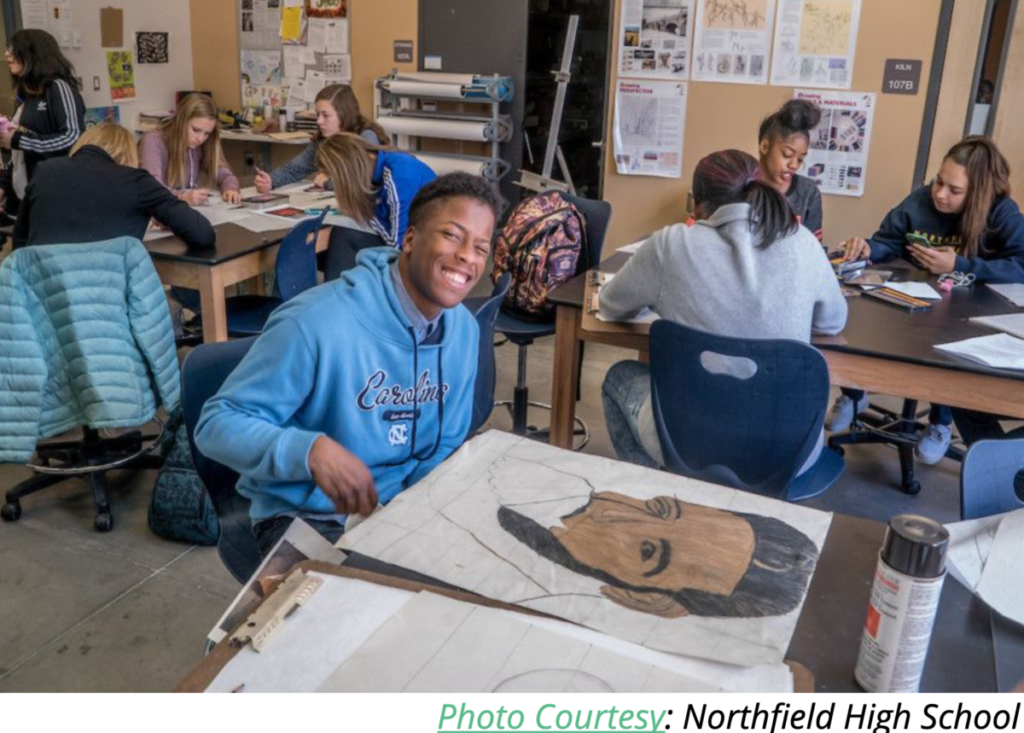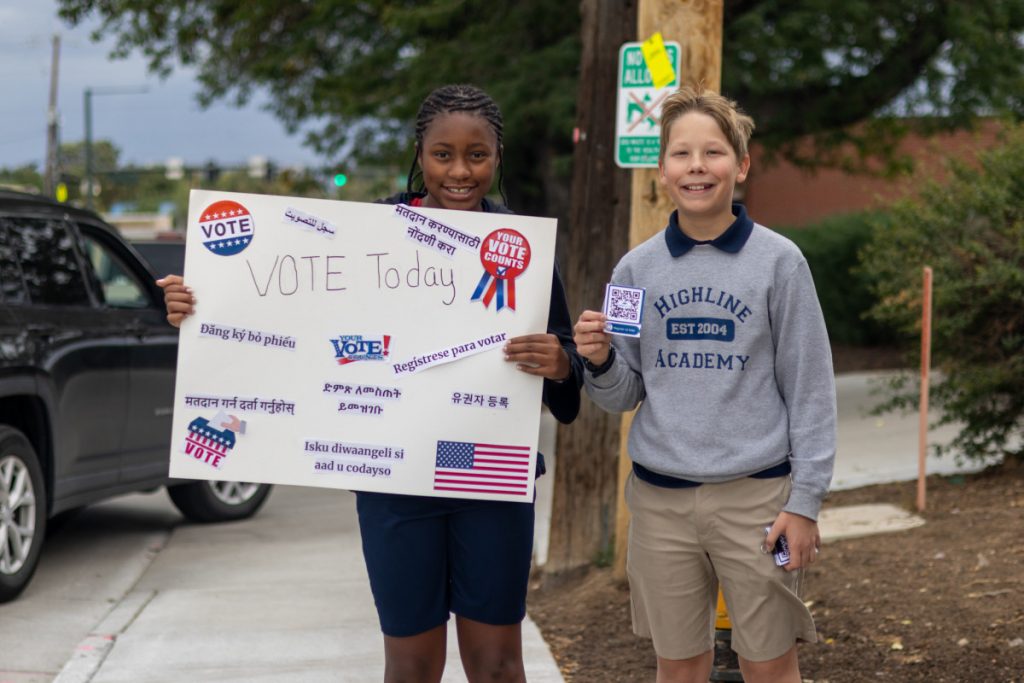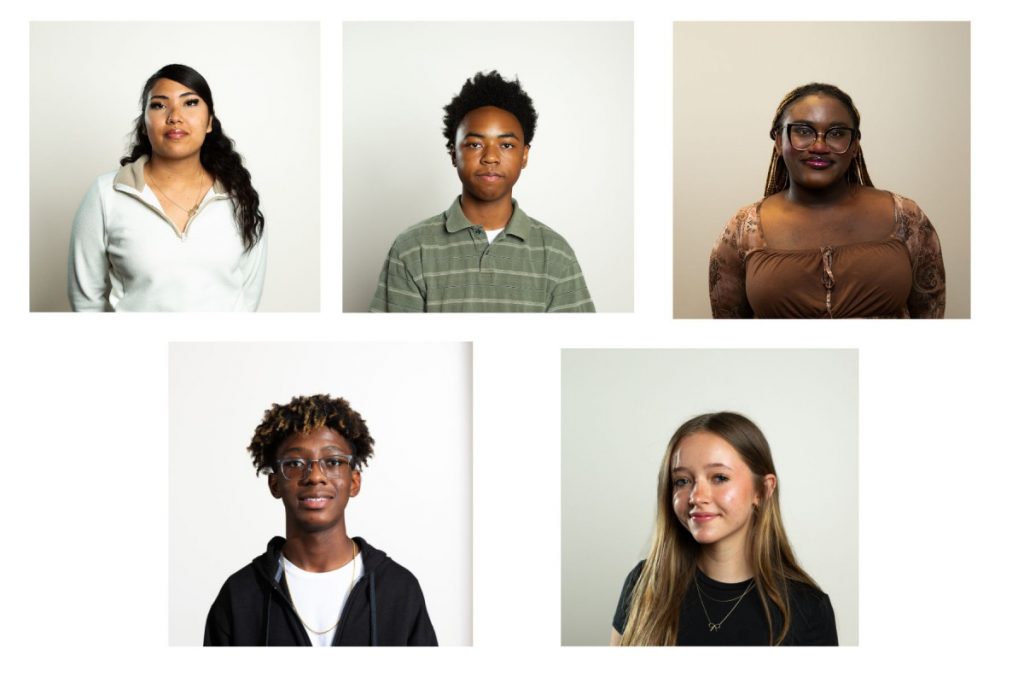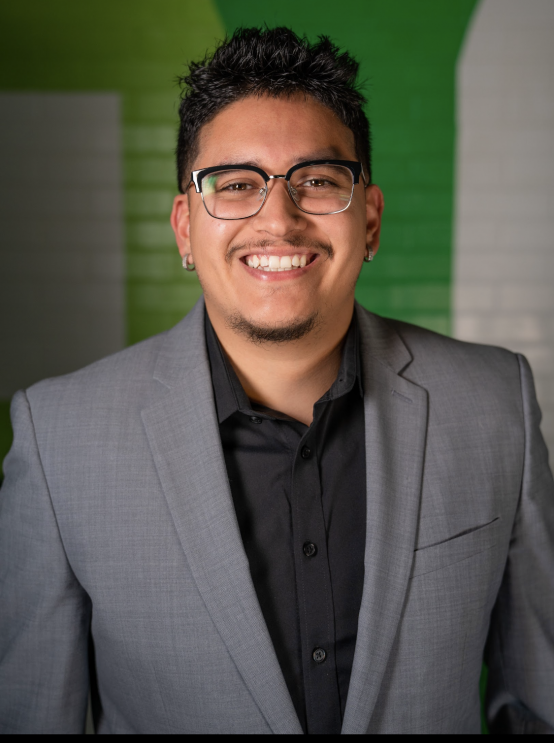Just before voting unanimously Thursday night to reject the expansion of two innovation zones, the Denver school board urged the zone communities not to fall victim to “disinformation” and worry needlessly about their future.
Sorry, school board members, but community members have real cause for concern.
It’s not that the vote to deny the expansions of the Northeast Denver Innovation Zone and Beacon Network Schools is necessarily worrisome in and of itself. The Denver Public Schools board passed a resolution last September to “pause and reflect” about innovation zones and schools through May 2021.
DPS staff recommended rejecting the expansions on a technicality, without weighing in on the merits of the zones. Staff said approving expansions in April would have violated that resolution.
But based on the tone of some board member comments in recent months and immediately before the vote, innovation zones are unlikely to come out of the “pause and reflect” period with their hard-won autonomies untouched, despite their support from families and zone educators, and a state law that at least partially protects them.
While the Covid-19 pandemic has distracted the board from other matters, that distraction is coming to an end. It is clear that the majority of members want to roll back parental choice and school accountability in ways that will be harmful to kids. They mask their moves under the guise of undoing the ‘harm’ caused by ed-reformer superintendents Michael Bennet and Tom Boasberg.
Don’t be fooled. It is, in fact, a top-down power grab. If board members were mindful of DPS history, they would realize how badly served many of their constituents were by the district back in the centralized command-and-control days of the late 20th century.
In Denver, 14 DPS schools have formed three innovation zones (Luminary Learning Network, Beacon Schools Network, and Northeast Denver Innovation Zone) and taken the autonomy to a new level, with independent, nonprofit boards supporting and holding schools accountable for outcomes.
Innovation zones and schools, created by a 2008 state law, offer district-run schools some measure of autonomy over how the schools are run, providing an opportunity to waive out of certain district and state policies and creating school or zone-customized policies that in their place. The innovation plan containing those policies must be approved by at least 60 percent of a school’s staff.
From the outset, innovation status has been unpopular with teachers unions because it changes working conditions in schools so that teachers are treated more like professionals and less like factory workers. It’s unfortunate and emblematic that the unions dislike these changes.
Innovation zones and schools were created to allow school leaders more oversight of people, time and money. While they have fallen short of that ideal, and are less autonomous than charter schools, they do have more freedom than schools run directly by the district bureaucracy.
Innovation in Denver first came under threat a year ago, when school board member Brad Laurvick (who won election in 2019 in part thanks to heavy backing from the Denver Classroom Teachers Association) pushed a proposal that would have gutted the autonomy of innovation schools. Laurvick wanted 60 percent of staff to vote on each individual waiver rather than the whole package, which in many cases could have effectively gutted the plans.
After fierce blowback from innovation school principals, among others caused other board members to wobble on supporting the resolution, Laurvick stepped back and proposed the “pause and reflect” period.
Thus far there appears to have been plenty of pausing and precious little reflecting.
Some Denver board members have expressed concerns that the zones do not have “duly elected boards” even though zone schools are accountable to the DPS board and the state for their outcomes, and their autonomous boards include parents, teachers and community members.
That sure sounds like true community shared ownership.
Vernon Jones Jr., executive director of the Northeast Denver Innovation Zone, said he maintains a dialogue with the hardest-line board member, Scott Baldermann, despite Baldermann’s aggressively anti-innovation zone (and charter schools) positions.
“I appreciate that Director Baldermann talks with me, even when we disagree,” Jones said. “He believes iZones should be dissolved, that we should be able to do what we are doing in iZones as a district without our community boards.”
But Jones disputes Baldermann’s argument. “Our community boards are an essential representation of community-owned innovation,” he said.
There was significant momentum behind the zone expansion applications, as evidenced by the dozens of speakers in favor of the issue at Thursday’s public comment session and the nearly 900 emails of support sent to the board.
And that was on top of the 500 people who joined an online, two-hour innovation zone community circle rally April 20. In contrast to Thursday’s board meeting, when members responded to a long public comment with defensive, almost resentful remarks, the rally was an optimistic, joyful, forward-looking event.
Only one school board member — President Carrie Olson — dropped into the rally for 10 minutes after attending another meeting. Other board members were occupied with the superintendent search, and Reimagining Montbello meetings. Others failed to show or even to respond to invitations.
Presence demonstrates priorities, and absence speaks volumes.
As that period winds down, innovation and school leaders are feeling uneasy. Meanwhile, Dr. Martin Luther King Jr. Early College (DMLK) applied to become part of the Northeast Denver Innovation Zone, and the Denver School of innovation and Sustainable Design (DSISD) asked to join the Beacon Network. Both already are innovation schools.
They applied to join zones in part because there have been signs that the board might expand the pause period into the summer, which would make it impossible for new zone schools to advertise their status in time to hire new, mission-aligned staff, or to take advantage of budget autonomies granted by the status.
Kimberly Grayson, the DMLK principal, said during last week’s rally that she wanted to join the zone because DPS has failed to provide any continuity of leadership. She said she has had six supervisors in her eight years at the school, and that the zone would provide more stability.
Board members did themselves no favors with their remarks Thursday night before voting down the expansions.
Vice President Jennifer Bacon, with no intended irony, said the board just wants to be sure that innovation zones are community driven. “But the question for us is who are the people who lead the zones?…And as an advocate for community voice, something that I really want to see is if you’re not going to have an elected board, how do we be sure that there’s community representation, and that community can hold you accountable?”
Laurvick said the ‘pause and reflect’ period was driven by “community voice that asked us to take this pause.” He didn’t mention that the request came from besieged innovation schools as Laurvick and his colleagues seemed ready to ram through DCTA-driven changes that would have required every individual innovation waiver to be voted on and approved by 60 percent of school staff.
Olson seemed saddened by the ardor that emanated from dozens of parents and educators on the issue during Thursday’s public comment session. “it’s unfortunate to hear the fear and the anger from all of those zones and educators tonight, and families, because it doesn’t help create strong schools where students can grow and thrive and that’s what we need, especially in the backdrop of a pandemic,” she said.
In the face of all the board member defensiveness, I kept thinking about the passionate remarks during the April 20 rally from Dawn Chung, a parent and teacher at Ashley Elementary School, part of the Luminary Learning Network.
“Innovation schools should be the way of the future,” Chung said. “We don’t need more central management, we are more accountable to our community than other schools are to the board. We need the support of our DPS board and elected officials now before we waste more time pausing and reflecting and moving nowhere.”
She concluded a heartfelt plea:
“Please…partner with us to co-create a better tomorrow by making the decision to value and support innovation schools permanently so we don’t have to organize like this just to feel acknowledged.”




